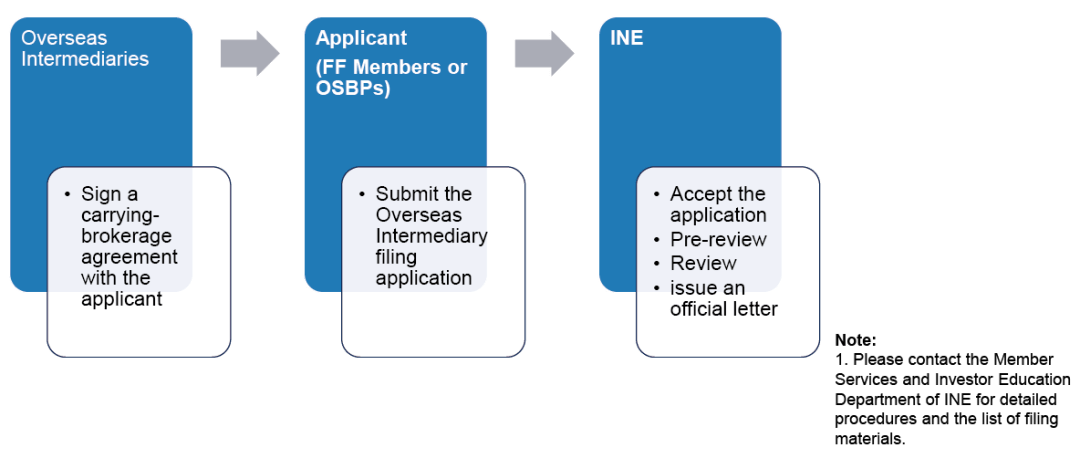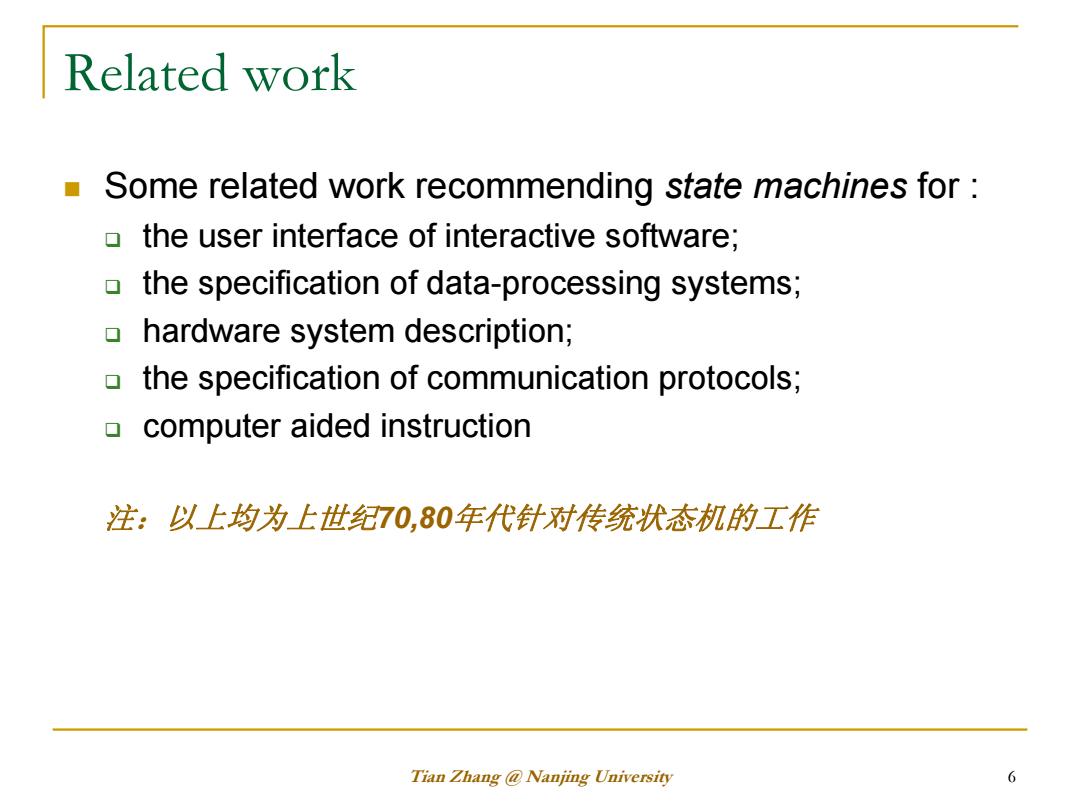Comprehensive Guide to Loan Processor Job Requirements: What You Need to Succeed in the Mortgage Industry
#### Loan Processor Job RequirementsIn the ever-evolving landscape of the mortgage industry, understanding the loan processor job requirements is crucial fo……
#### Loan Processor Job Requirements
In the ever-evolving landscape of the mortgage industry, understanding the loan processor job requirements is crucial for aspiring professionals. A loan processor plays a vital role in the lending process, acting as a bridge between the borrower and the lender. This position requires a mix of technical knowledge, interpersonal skills, and attention to detail. Below, we delve into the essential requirements and skills needed to excel in this dynamic field.
#### Educational Background
Most employers require candidates to have at least a high school diploma or equivalent. However, many companies prefer candidates with an associate’s or bachelor’s degree in finance, business administration, or a related field. A solid educational background provides a foundational understanding of financial principles and lending practices, which are critical for a loan processor.
#### Experience in the Financial Sector
Experience in the financial sector is often a prerequisite for loan processor positions. Many employers look for candidates with prior experience in banking, mortgage lending, or related fields. This experience helps candidates become familiar with the various loan products, underwriting processes, and regulatory requirements that govern the mortgage industry.
#### Knowledge of Loan Processing Software

Proficiency in loan processing software is another key requirement. Loan processors use specialized software to manage applications, track documentation, and communicate with clients and lenders. Familiarity with popular loan processing systems such as Encompass, Calyx, or Ellie Mae can significantly enhance a candidate's employability.
#### Attention to Detail
Attention to detail is paramount in the role of a loan processor. The position involves reviewing numerous documents, ensuring compliance with regulations, and verifying borrower information. A small error can lead to significant delays or issues in the loan approval process. Therefore, candidates must demonstrate a meticulous approach to their work.
#### Strong Communication Skills
Effective communication skills are essential for loan processors. They must interact with borrowers, lenders, and other stakeholders throughout the loan process. Clear and concise communication helps in explaining complex loan terms, addressing borrower concerns, and facilitating smooth transactions. Both written and verbal communication skills are equally important in this role.
:max_bytes(150000):strip_icc():format(webp)/corporate-job-titles-2061491_FINAL-027b6a5fa3a4446da735b8dd66943e17.png)
#### Problem-Solving Abilities
The ability to solve problems efficiently is a critical skill for loan processors. They often encounter challenges such as incomplete applications or discrepancies in borrower information. A successful loan processor must be able to analyze situations, identify issues, and propose viable solutions to keep the loan process moving forward.
#### Understanding of Regulatory Compliance
A thorough understanding of regulatory compliance is vital for loan processors. They must stay updated on the latest laws and regulations governing lending practices, such as the Truth in Lending Act (TILA) and the Real Estate Settlement Procedures Act (RESPA). Compliance knowledge ensures that loan processors can safeguard their organizations against legal risks and maintain ethical standards in the lending process.
#### Time Management Skills

Loan processors often juggle multiple applications simultaneously, making time management skills essential. They must prioritize tasks, meet deadlines, and ensure that all necessary documentation is submitted in a timely manner. Effective time management contributes to a smoother loan processing experience for both borrowers and lenders.
#### Conclusion
In summary, the loan processor job requirements encompass a blend of education, experience, technical skills, and personal attributes. Aspiring loan processors should focus on building a strong foundation in finance, gaining relevant experience, and developing the essential skills outlined above. By doing so, they can position themselves for success in the competitive mortgage industry and contribute to the seamless processing of loans for borrowers. Whether you are starting your career or looking to advance, understanding these requirements will help you navigate your path in the world of loan processing.